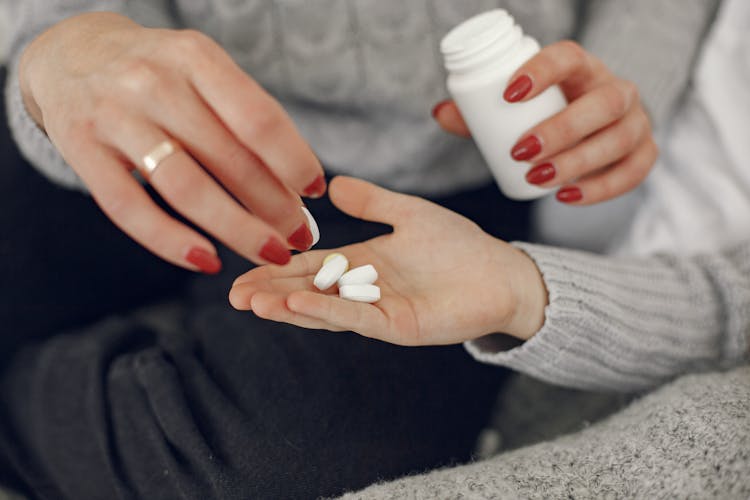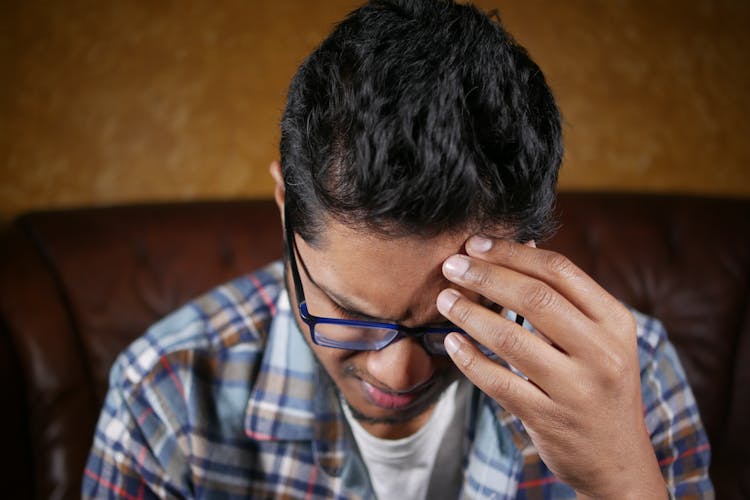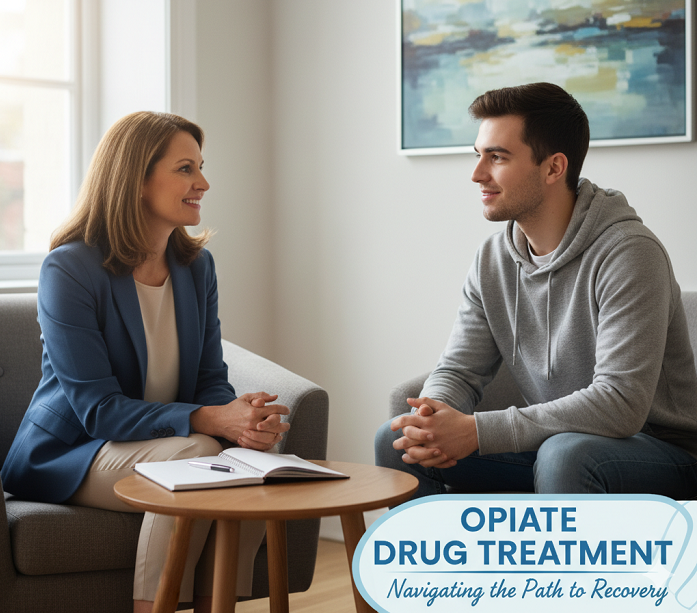The issue of opiate addiction is a ubiquitous problem in the population of the United States involving millions of people. As prescription painkiller abuse and illicit opiate abuse have been on the increase, opiate drugs need to be treated through effective drug treatment programs to enable addicts to recover. At Palm Coast Treatment Solutions, we offer a holistic, evidence-based treatment aimed at assisting people to reclaim their lives due to addiction.
What is an Opiate Drug?
Opiates are a group of medications that are made of the opium poppy plant. They are mainly administered to relieve pain and they contain both prescriptive drugs like oxycodone, hydrocodone and morphine and also illegal drugs like heroin. Treatment of severe pain, especially post-surgical or post-injury and in chronic conditions where other pain relievers fail to help is the major medical indication of opiate drugs.
Nevertheless, opiates are addictive. Frequent consumption may result in tolerance, dependence and severe health problems such as overdose. The initial step towards recovery is to learn the nature of these drugs.

Opiate Drug Symptoms
It is important to note that opiate drug addiction can be well-treated when it is detected at an early stage. The symptoms may have physical, psychological, and behavioral manifestations:
Physical Symptoms: Drowsiness, nausea, vomiting, constipation, pinpoint pupils, slow breathing and frequent flu-like symptoms.
Psychological Symptoms: Depression, anxiety, mood swings, poor judgment and cravings.
Behavioral Symptoms: Irresponsibility, secrecy, social withdrawal, and endangering behaviors toward gaining access to opiates.
Such are the signs that suggest that professional intervention, including opioid drug treatment, might be required.

Opiate Detox Timeline
The initial drug treatment course of opiate addiction is detoxification or detox. In the process, the body gets rid of opiates, in most cases with withdrawal symptoms. Although the process of detox differs based on the opiate and duration of use, an approximate opiate detox process includes:
- Early Withdrawal (612 hours): Nervousness, pains in muscles, restlessness and insomnia.
- Peak Withdrawal (1-3 days): Nausea, vomiting, diarrhea, increased heart rate and intense cravings.
- Late Withdrawal (4-7 Days): Mood swings, fatigue and cravings slowly disappear.
Knowing this schedule aids people in being ready to receive care in opiate detox facilities and guarantees easier recovery.
How Long Does Drug Detox Last?
Opioid treatment for opiate addiction is determined by many factors, which include the type of opiate taken, dose, frequency, and health condition. Medical detox normally takes a period of 5 to 14 days which the medical staff monitors and treats the symptoms. The development of psychological and behavioral aspects of addiction often takes several weeks or months to develop through extended care programs, like inpatient or outpatient treatment.
Opiate Drug Medications
Drugs that are used in opiate addiction treatment programs are very essential. Opiate treatment medications that are common comprise:
Methadone:
Methadone is used to reduce cravings and withdrawal effects caused by the abused drug, but in a controlled form, as it also acts at the same opioid receptors.
Buprenorphine (Suboxone, Subutex):
An incomplete opioid agonist that is used to treat withdrawal and reduce the chances of misuse.
Naltrexone (Vivitrol):
It is an antagonist of opioid receptors to inhibit the euphoric properties of opiates, which benefits long-term recovery.
New Opiate Treatment Drug Developments:
Scientists are also working on drugs aimed more precisely at the addiction pathways to enhance the results of patients in treatment programs.
These drugs, in combination with counseling and behavioral therapy, are very effective in treating opiate addiction.
Opiate Detox Facility
Only a licensed opiate detox center offers a safe and non-judgmental environment to those in their very first steps toward recovery. Key features include:
- 24/7 health care to deal with withdrawal symptoms effectively.
- Individualized treatment programs.
- Counseling, behavioral therapy and group support.
- Education on the relapse prevention and long-term recovery strategies.
The professional detox facility also helps individuals to safely cope with the physical and emotional difficulties of withdrawal and to cope with the next treatment stage.
Opiate Detox and Addiction Treatment Center
Opiate detox and addiction treatment centers are the transition stage between addiction and long-term recovery. These facilities offer both medical, therapeutic and holistic care in a structured program. Regardless of whether the program is inpatient or outpatient, the opiate addiction treatment drug programs within these centers are targeted at:
- Normalizing the person both physically and psychologically.
- Dilute the cravings with the help of medication.
- Teaching patients coping and relapse prevention.
- Providing follow-up and continued care.
Selecting a well-known detox facility is an important part of effective recovery and Palm Coast Treatment Solutions provides skilled, caring services that are aimed at helping patients through their recovery journey.

Take the First Step Today
Treatment of opiate drug addiction is a process that we only start with one decision: to seek help. Palm Coast Treatment Solutions is the place to get evidence-based treatment, custom-designed care plans, and the support you need to help you achieve your long-term recovery.
Call (386)-284-4151 today and get to know more about our opiate drug treatment centers and begin your own journey to a healthy, drug-free life.
FAQs About Opiate Addiction
What is the most common treatment for opiate addiction?
The most frequently used and effective method of treating opiate addiction is medication-assisted treatment (MAT) with methadone, buprenorphine or naltrexone in combination with counseling.
What are the five treatment options for drug addiction?
The primary alternatives are inpatient rehab, outpatient rehab, medication-assisted treatment, behavioral therapy and support groups.
What are opioid treatment programs?
These are designed to offer medication-assisted treatment, counseling, and long-term care to people affected by opioid/opiate addiction.
What are the two types of drug rehab treatment centers?
Inpatient rehab centers offer continuous 24/7 care, and outpatient rehab centers offer structured therapy, but the patient stays at home.
How long does drug rehab typically last?
The length of drug rehabilitation is different, but most commonly takes 30 days to a few months, depending on the severity of addiction and an individual’s approach.












